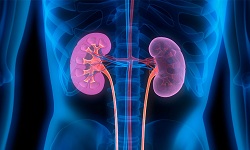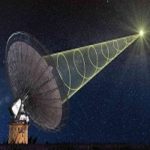Now it will be possible to detect kidney disorders in less than eight minutes and the credit goes to the Indian Institutes of Technology, Bombay and Indore. The doctors of IIT Bombay and Indore have jointly made a biosensor that can detect disorder in kidney within eight seconds. This really is a great achievement in the field of medical science.
The newly developed kidney disorder detecting biosensor is capable of measuring both the pH and urea concentration using one drop of urine. The pH and urea concentrations are the two major factors used for detection of disorders in the Kidneys. In a test if pH value comes low and urea is found in high concentration then it is called as Kidney disorder.
How the Biosensor Works?
Rashmi Chaudhari, Abhijeet Joshi, and Rohit Srivastava are three developers of this fast biosensor. It is created by encapsulating an enzyme urease and a molecule FITC-dextran in alginate microspheres. The combination of above mentioned enzyme and molecule glows in response to a chemical reaction with urea and changes in pH when urine is added. The fluorescence reduces when the pH is acidic and increases when it is alkaline. The changes in fluorescence intensity are measured, which helps to calculate the values of pH and urea.
The special thing about the biosensor is that use of alginate is safe and non-toxic. The biosensor was tested on samples of patients suffering from kidney disease and results obtained were highly accurate with accuracy level of more than 97%. Even the biosensor sensor was able to detect very low amount of urea.





